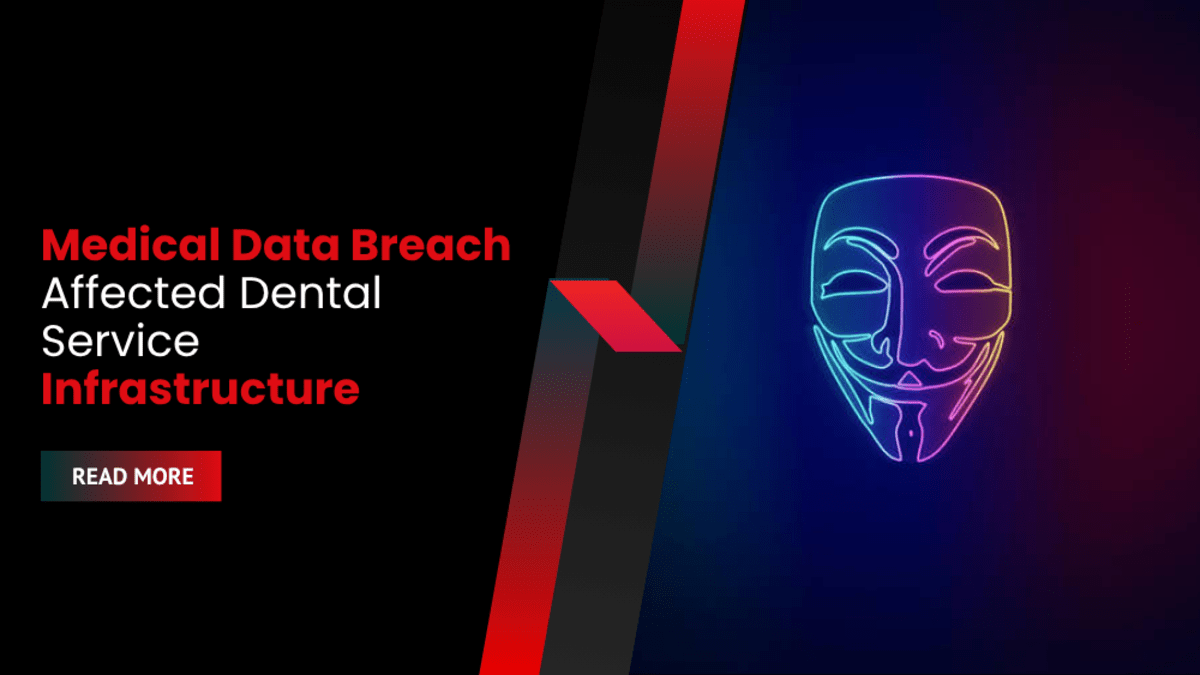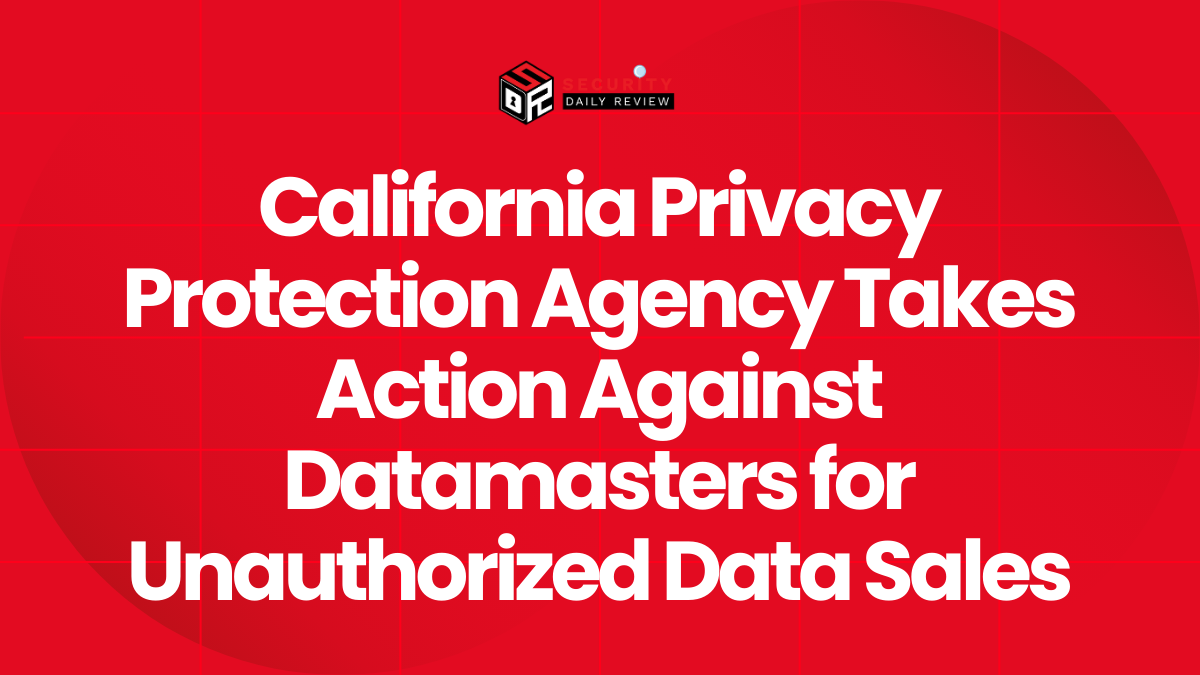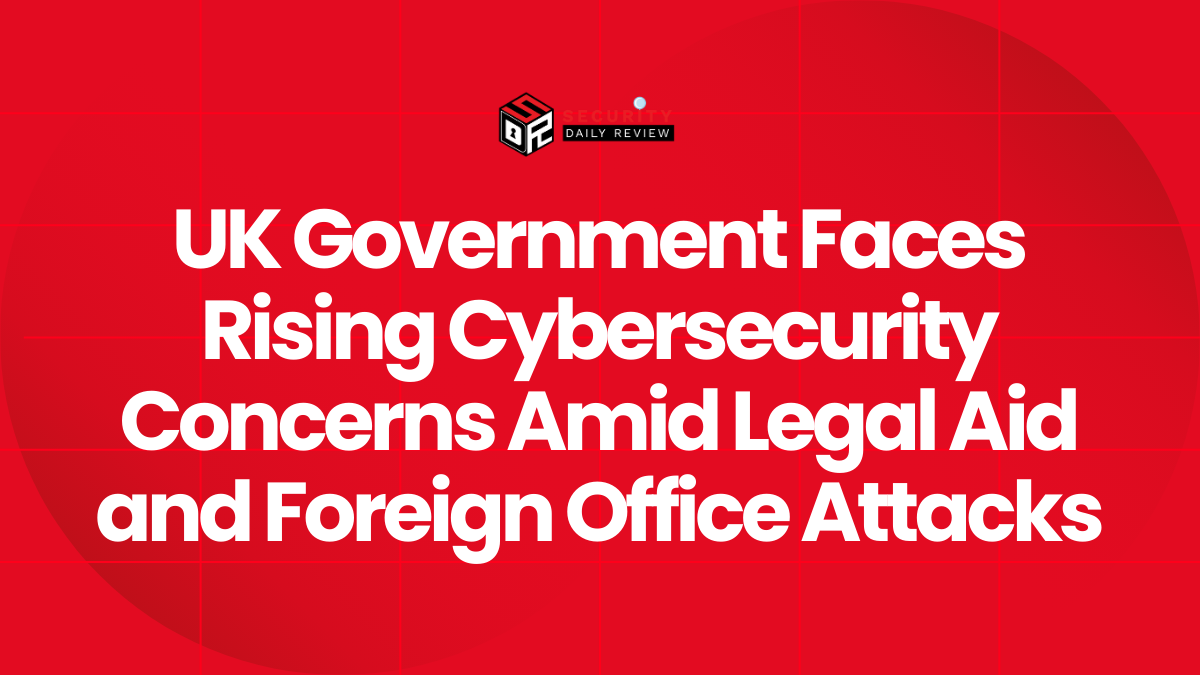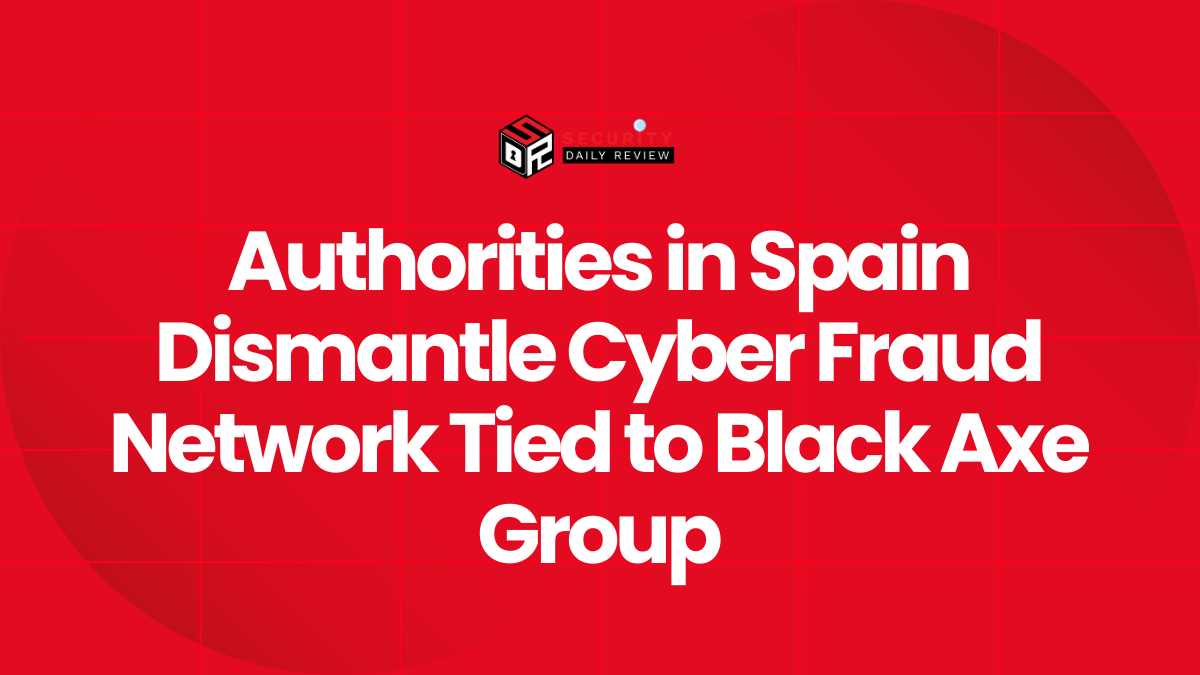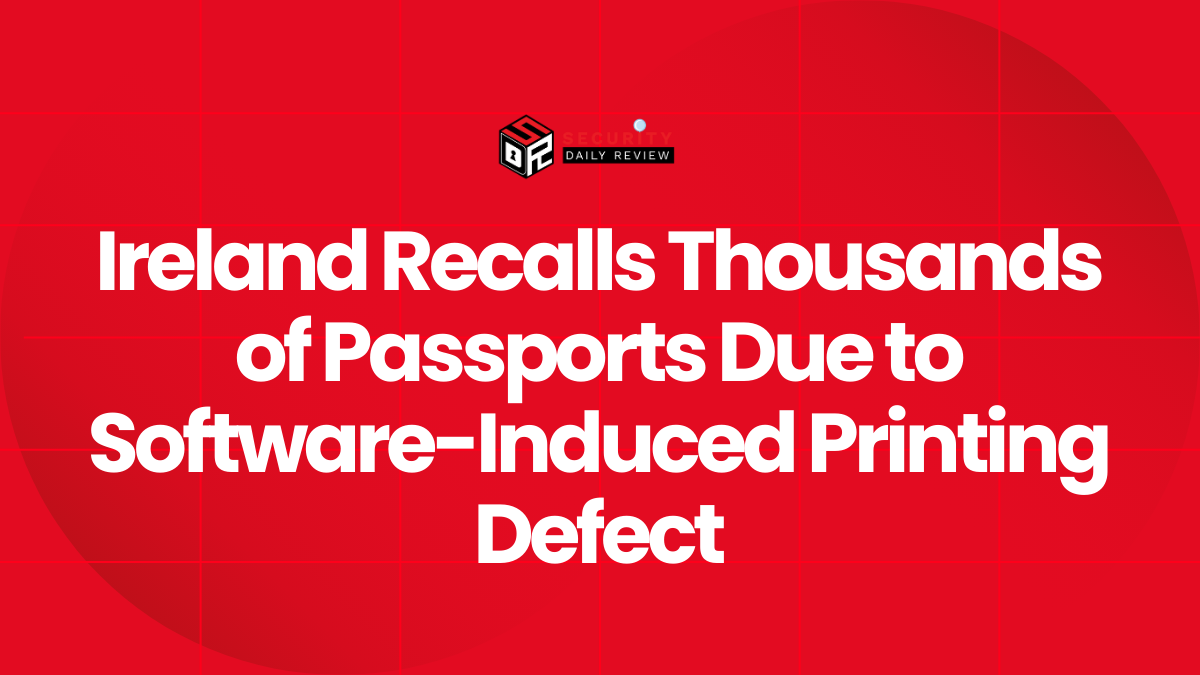A significant healthcare data breach has exposed the personal and appointment information of millions of US patients. Researchers at Cybernews discovered that a publicly accessible MongoDB instance left sensitive medical data unprotected online. The breach affects around 2.7 million patient records and 8.8 million appointment entries.
The root cause: a misconfigured database that lacked proper authentication. While the data owner hasn’t officially been named, internal references within the database strongly point to Gargle, a company that provides marketing and web development services for dental clinics.
Though Gargle is not a healthcare provider itself, its business operations directly handle services like appointment scheduling and patient communications—functions that may involve the processing of protected health information (PHI).
What Data Was Leaked?
The database exposed a wide range of personally identifiable information (PII) and patient-specific metadata:
- Full names and dates of birth
- Email addresses and phone numbers
- Home addresses and gender
- Patient chart IDs and language preferences
- Billing classifications
- Detailed appointment records with timestamps and references to healthcare institutions
This kind of data, when combined, creates a complete profile that could easily be exploited for identity theft or insurance fraud.
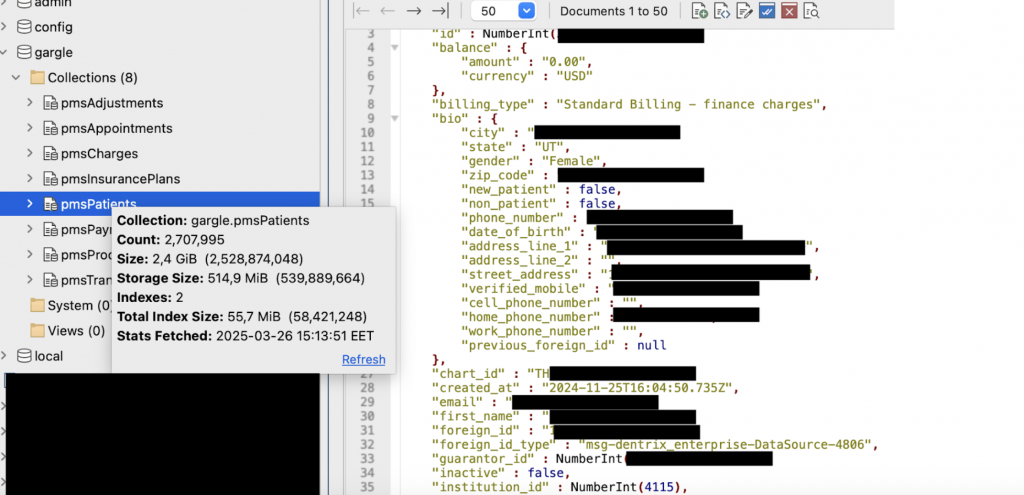
How Did the Exposure Happen?
The MongoDB database was found unsecured—no password, no firewall, and open to the internet. This type of vulnerability is not new. Many companies still overlook basic configuration safeguards in cloud-based environments.
Cybernews notes this as a “recurring blind spot,” especially among organizations handling large volumes of customer data. In Gargle’s case, the issue likely stemmed from backend systems powering patient-facing features like:
- Real-time scheduling
- Form submissions
- Billing integration
- Communication tools
These integrations, if misconfigured, can leave sensitive data streams wide open.
A Goldmine for Cybercriminals
Even a single piece of PII can be damaging, but the volume and variety of data in this breach make it particularly dangerous.
“Exposed personal data is a treasure trove for identity theft, insurance fraud, and phishing attacks.”
Medical identity theft is especially hard to detect and can cause lasting harm. Stolen medical records can be used to file false insurance claims, access prescriptions, or create fake patient profiles. Victims are often unaware until financial or medical consequences surface.
Legal and Compliance Implications
Under the Health Insurance Portability and Accountability Act (HIPAA), any company handling patient data—directly or via third-party services—is required to implement strict data protection measures.
While Gargle hasn’t publicly acknowledged the incident, its proximity to patient data handling raises serious compliance questions.
So far, there’s been no confirmation of whether affected individuals have been notified. HIPAA mandates breach disclosures within 60 days of discovery.
Timeline and Remediation
- March 26, 2025: Researchers discovered the exposed database
- Same day: Cybernews contacted the suspected owner
- Later that day: The database was secured
There’s no confirmation on how long the data was exposed or whether unauthorized actors accessed it during that window.
What Enterprises Should Learn
This incident highlights a growing cybersecurity challenge for third-party service providers working with healthcare clients. Even companies that do not fall under the traditional definition of a healthcare provider may be subject to HIPAA rules if they process or store PHI.
Data privacy isn’t just the responsibility of hospitals or clinics. Every vendor in the healthcare ecosystem—especially those handling digital infrastructure—must adopt baseline cybersecurity hygiene to avoid such breaches.
What Patients Can Do
If you recently visited a dental clinic that uses digital scheduling or online forms, it’s wise to:
- Be cautious of emails or messages referencing your medical history
- Monitor insurance records for unauthorized claims
- Consider identity theft protection services
- Review billing and appointment records for inaccuracies
As healthcare continues to rely on interconnected digital platforms, data security must be treated as a foundational requirement, not an afterthought.

